
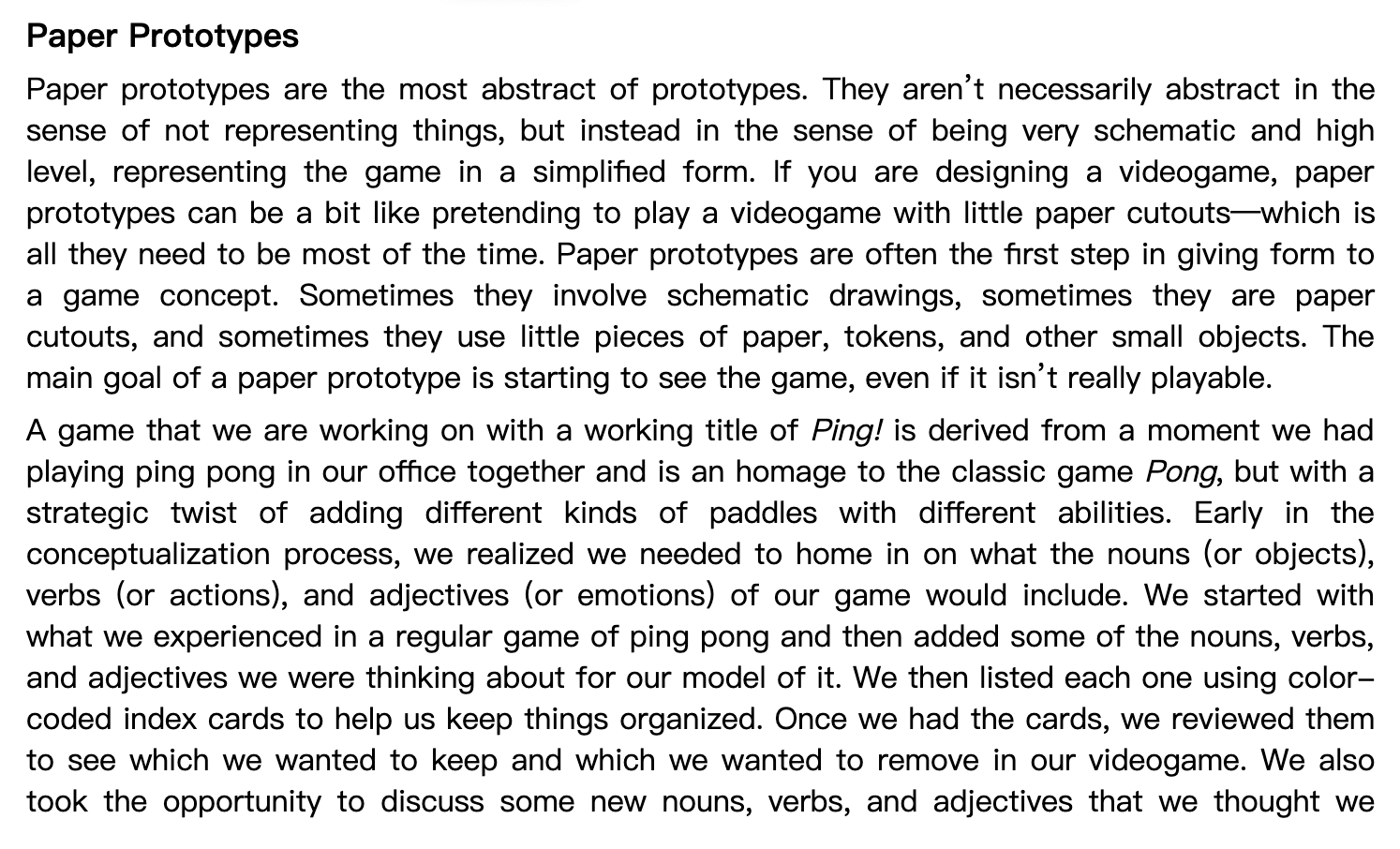

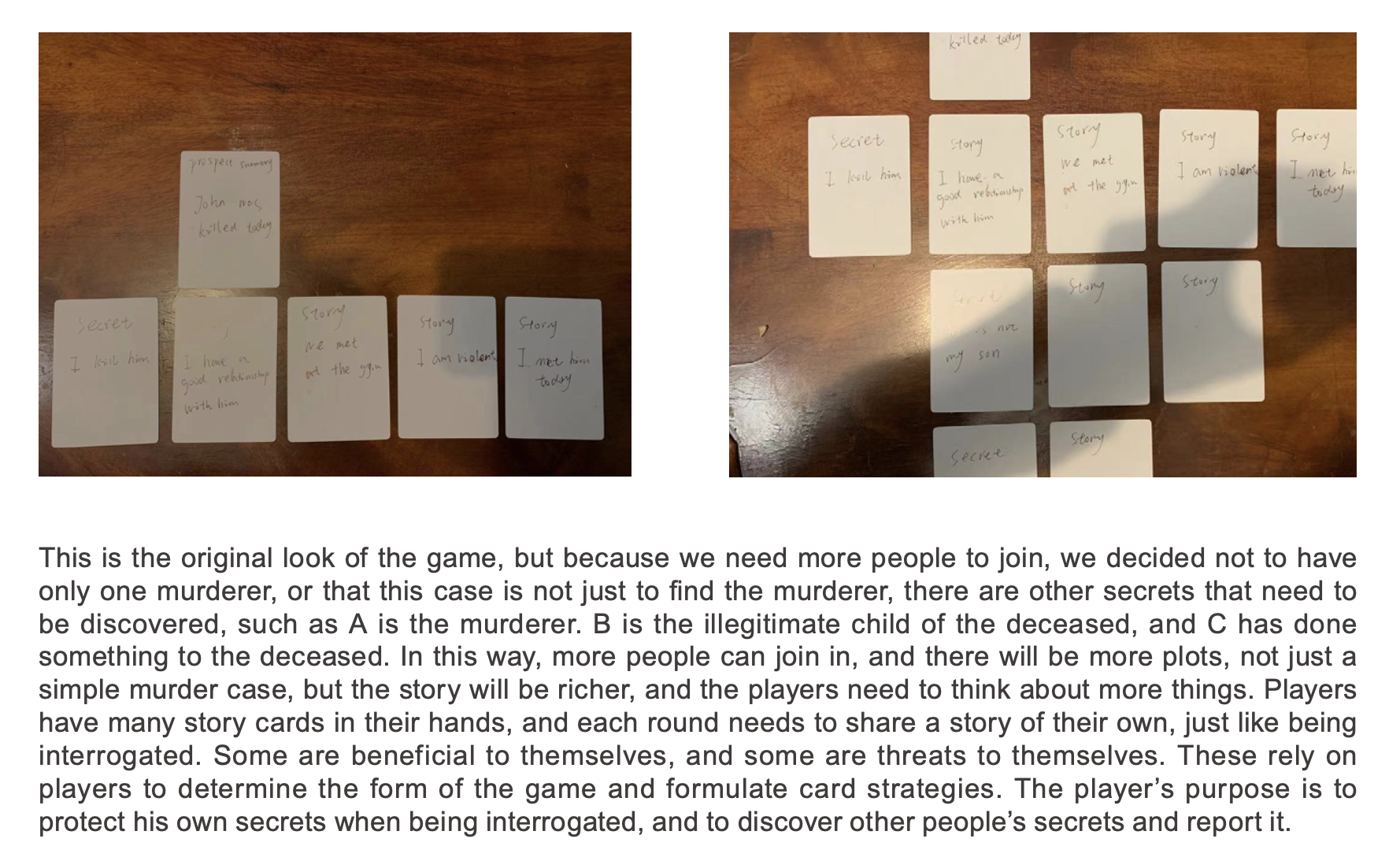
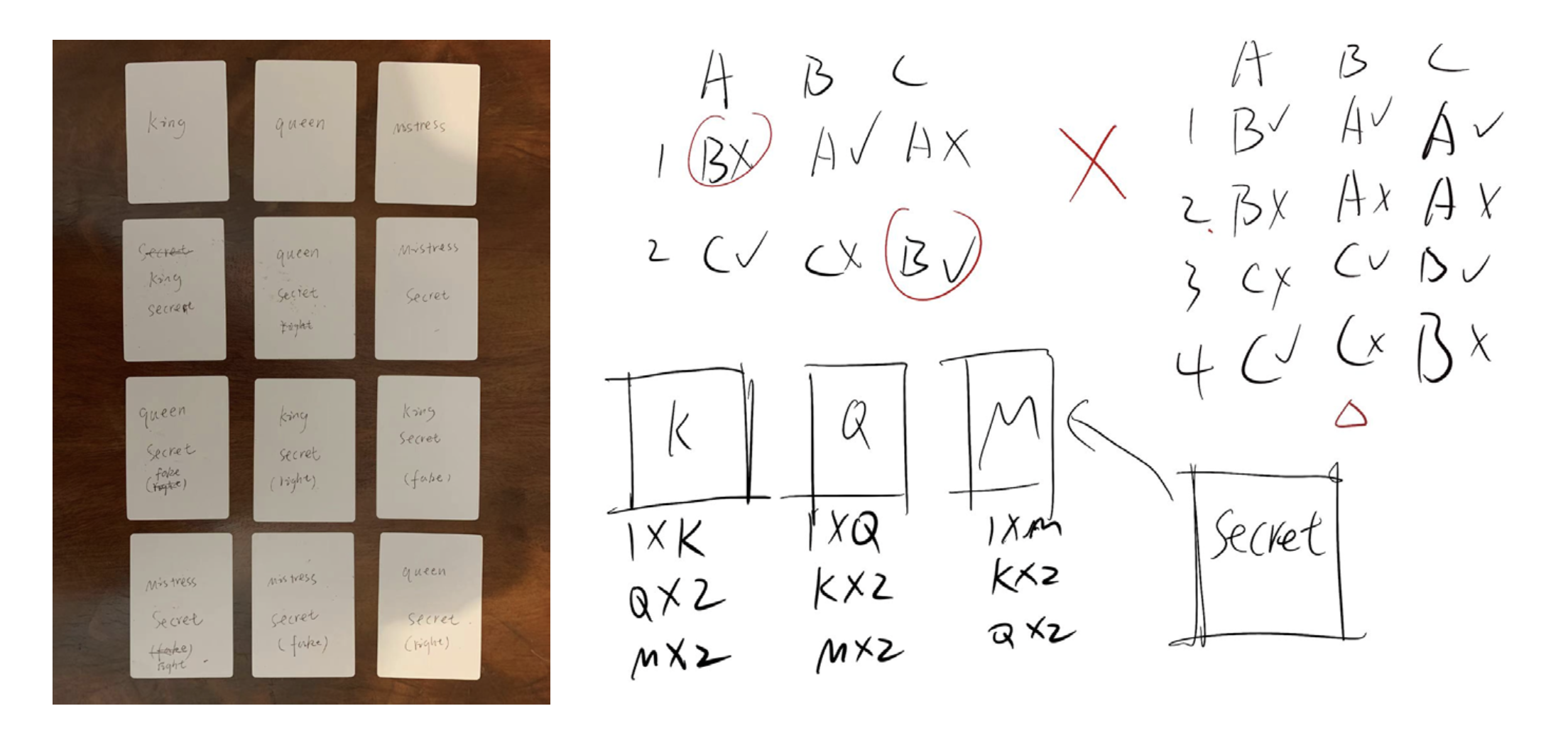
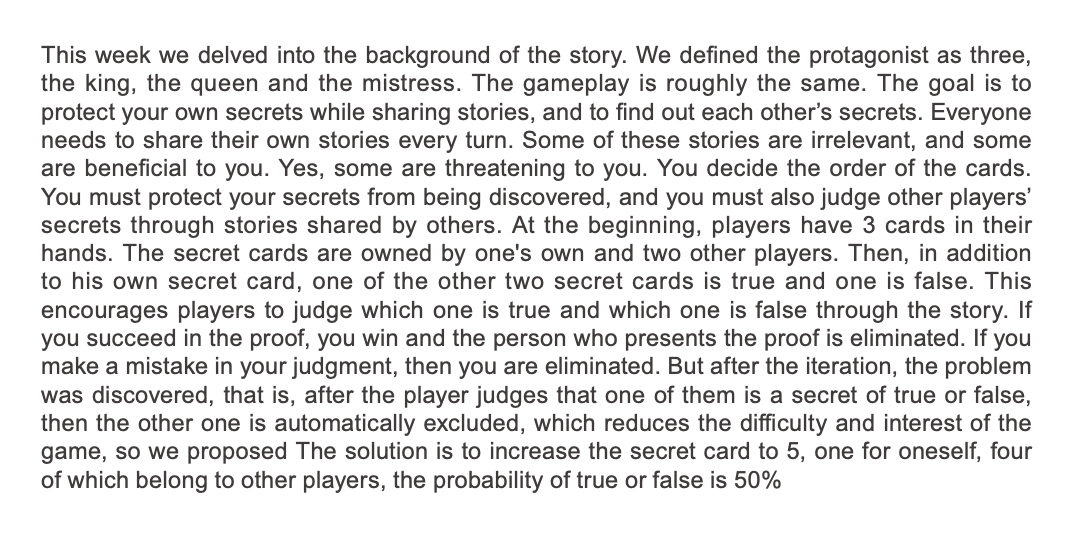
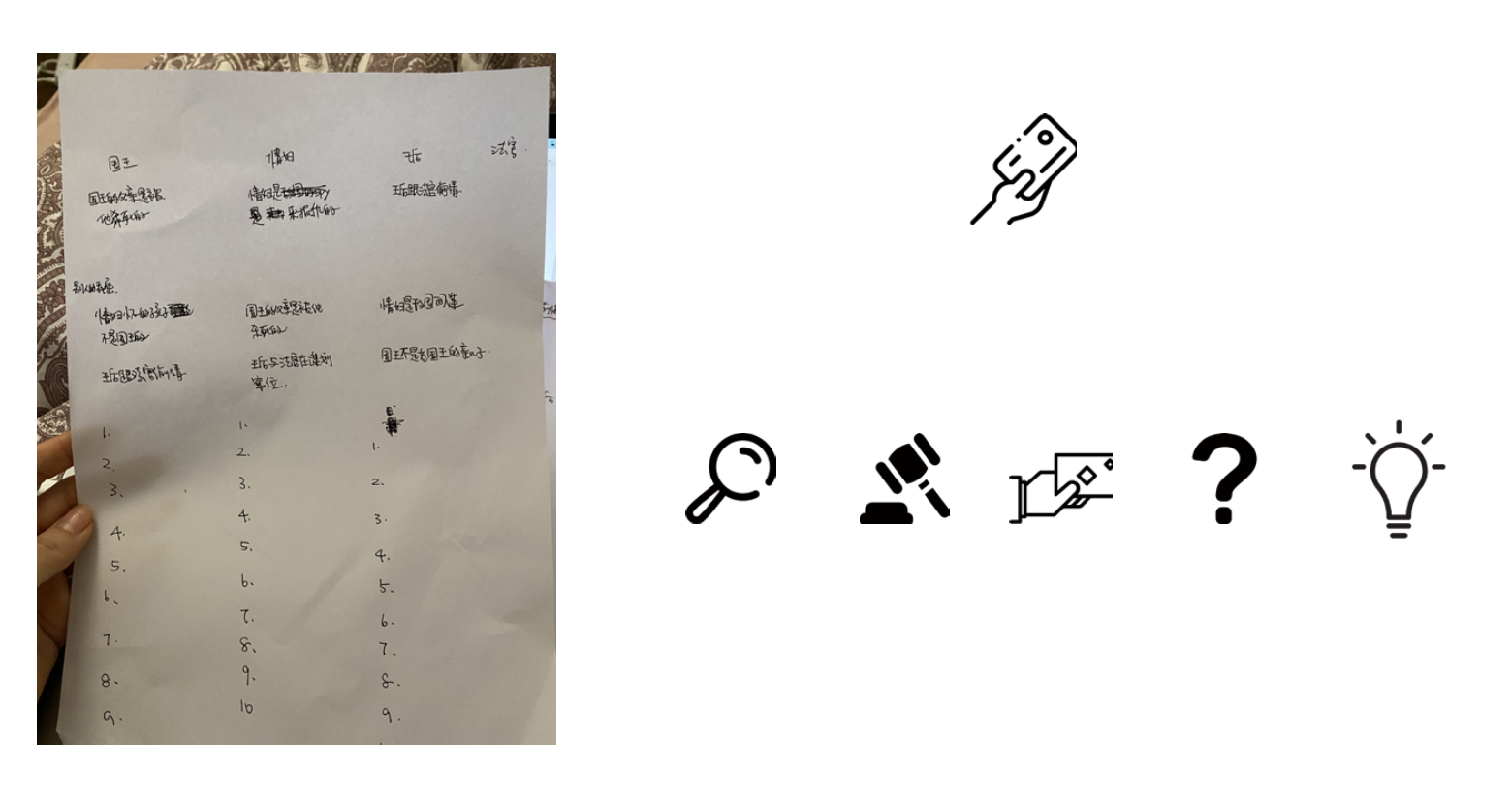
‘

Reading
Mike Bithell on making games
1. Find an underserved audience
2. Don't crunch
3. Play to your strengths and be unique
4. Prioritise kindness
5. Challenge the status quo and seek your peers
6. Learn to be extroverted
If there is something you are particularly good at, you should focus your efforts on that one thing. That doesn't mean you shouldn't push yourself out of your comfort zone, but it's perfectly fine to also stay in known territory to make sure you can actually deliver on your idea.The big one that we definitely have always benefited from is playing to your strengths, so specifically trying to make games that play to what you and your team can do," Bithell said. "What can you do well? And literally, there's no harm in sitting down and writing down a bullet point list of the things that you can do really well. And your game should probably be mostly about those things. There's no shame in making games that you can make.
I think sincere emotion is very important on the basis of doing what I am good at. Being good must have a deep connection with love. It is because of the passion of game design, rather than simply seeing games as a tool, or a product of pure technology and business, a tool to make money. The value of design should be based on: being open to ideas and recognizing the uncertainty of your own ideas; Open to others, have their own ideas and dare to express them; Stay humble and in awe of games. You also need to have a desire.
What are your goals? Are you really just fighting for your job, for the game itself? Do you always want tomorrow to be better than today? Desire means never being satisfied with your job or yourself. It means realizing that there is always something to learn from the world. This is a positive attitude towards development. Critical thinking and keeping your own independent thinking is also very important.
Reading thoughts
Game, Design, Play - Chapter 10-11-12
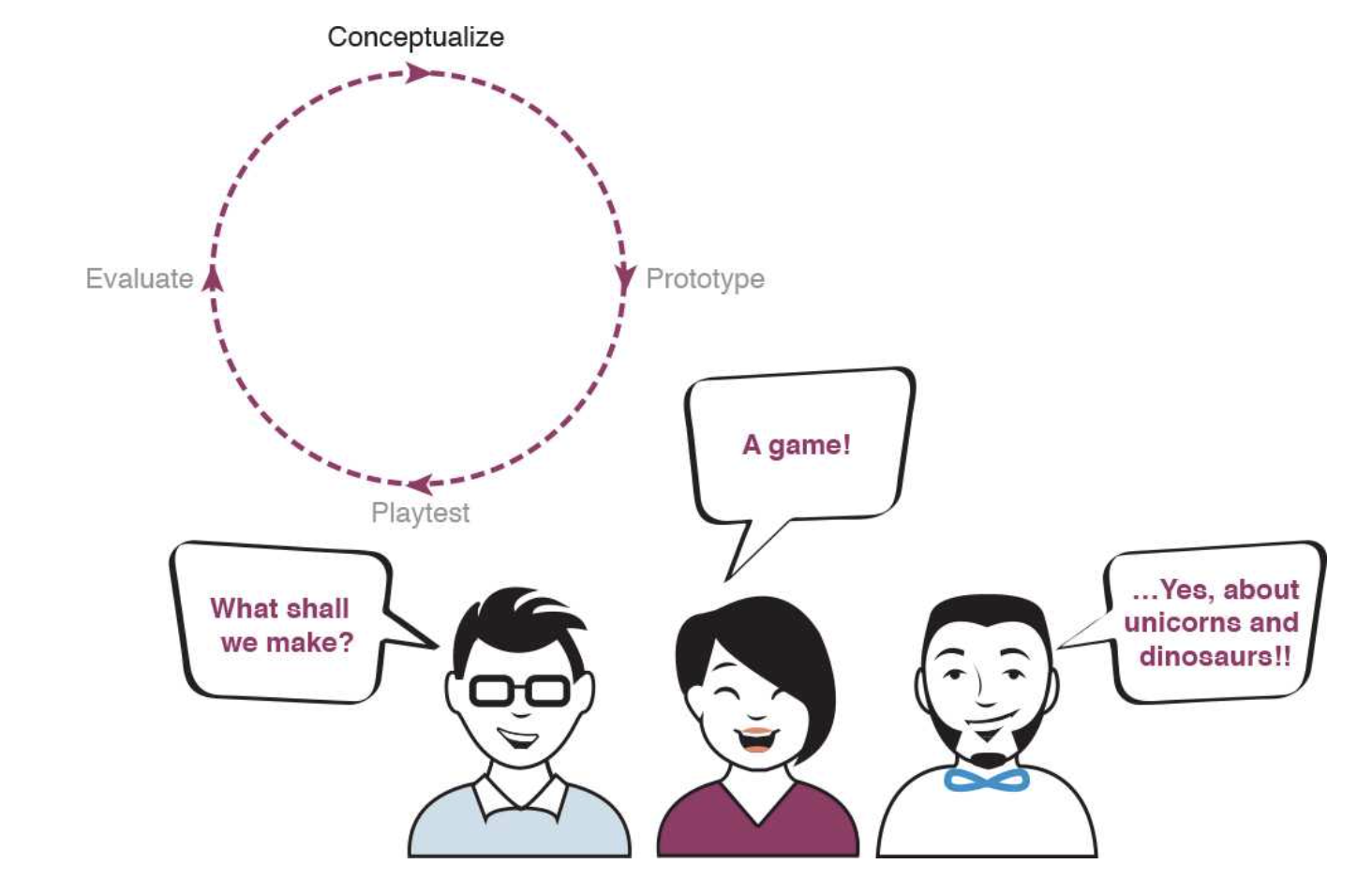
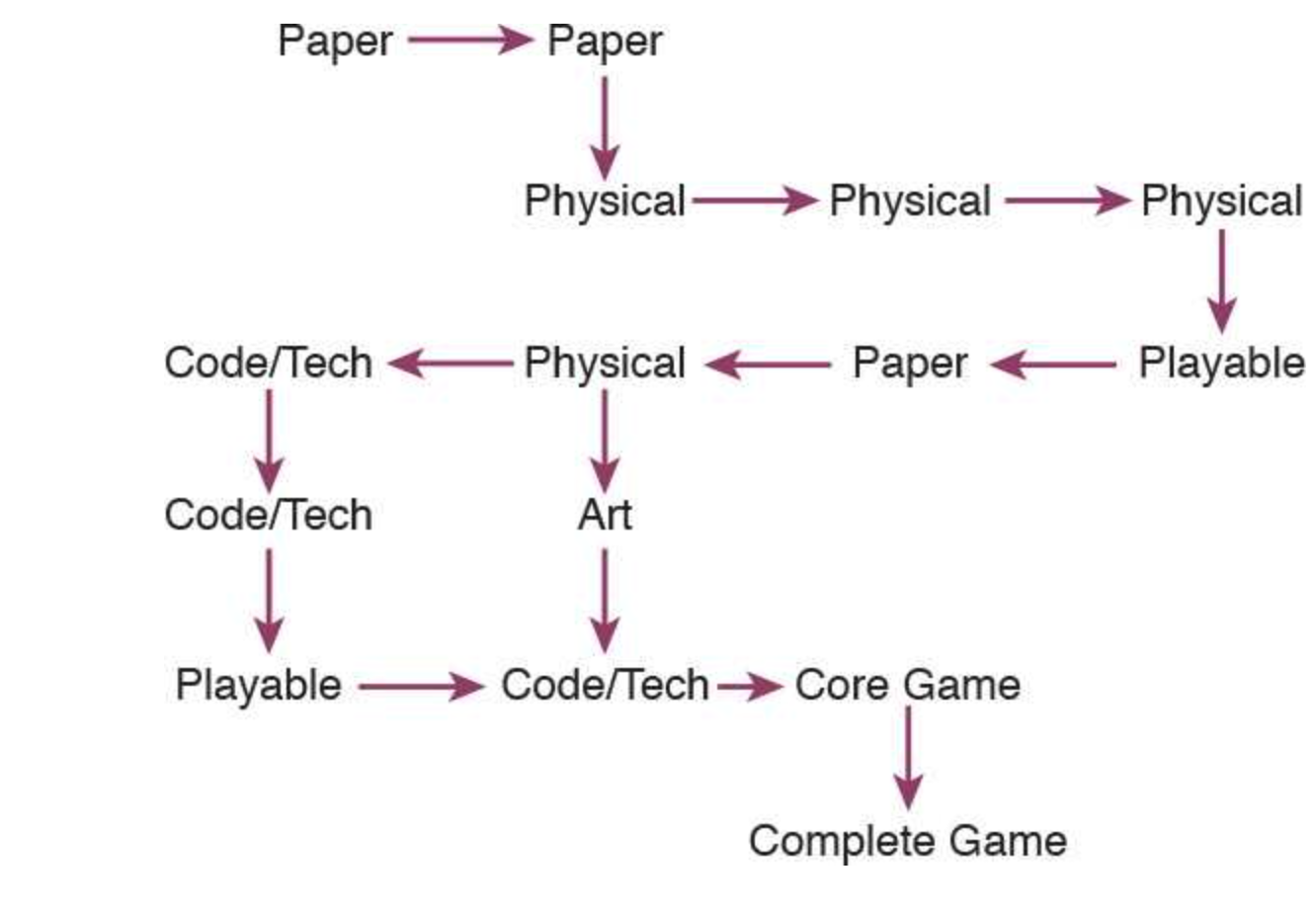
Conceptualization can come from anywhere, from any small starting point. Like music I like, movies, a YouTube video I saw, a word, people around me, a dream I had last night. But at this stage, figuring out every detail isn't practical or important. For example, in the previous plan to find things, we didn't know how to start, each concept was filled with countless imagination to implement, and finally we changed direction. The faster a prototype can be made, the faster the game will progress.
In playtesting, we can have failures, such as a prototype that has a great concept but doesn't work, which can be a huge headache. But failure is important, reflection is important. Failing content can help us move forward with fixing problems. Failure is a very meaningful part of the iterative process. For example, we had a lot of problems with our storyline prototyping.
Like:The player is confused, the story is flawed, and once one person is exposed, the rest of the secret is revealed... There are a lot of possibilities, and it's possible that the player won the game not by their own logical inference, but by sheer luck, which is certainly not what we want.